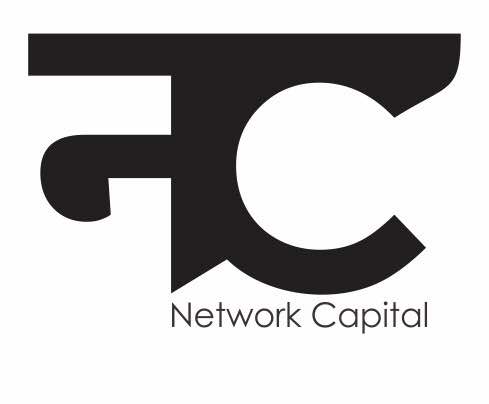2019 was a year of global turmoil and unrest. As massive protests and uprisings rocked Hong Kong, New Delhi, Sudan, Lebanon, Iran, and Iraq, other countries like the United Kingdom, Chile, United States, etc., witnessed small and sporadic unrests. In all these regions, there wasn’t a singular cause of discontent. However, the meta-themes included calls for increased autonomy, resistance against authoritarianism and the urgency for change.
If, as an experiment, we were to study past conditions of quality of individual life with present standards of living in each of these countries, we will see a clear pattern of drastic improvement. India in the last century has progressed for a colonial dependant state to a thriving economy and sovereign country. Life expectancy has increased from the age of 41 years in the year 1960 to 68 years in the year 2020. Literacy rate has gone up to 74 per cent. GDP per capita has gone from USD 753 in the year 1960 to USD 1670 in the year 2016.The country has been successful in legally abolishing major practices of discrimination, homophobic laws and gendered distribution of property. Yet large populations of India (like the other countries) are still discontent.French political scientist, Alexis de Tocqueville first defined the Tocqueville Paradox in the year 1840. He wrote that as democracy, privilege and standards of living increase, our expectations from the society will catapult. This will create a gap between expectations and realities that will cultivate discontent.
With increased access to information, heightened realization of disparity and social media, the Tocqueville Paradox has become the toxic reality of our collective society. At the individual level it has created choice-paralysis, that is, our inability to choose due to multiplicity of options. The difficulty in deciding which movie to watch from across the different streaming platforms is a typical example.
Despite is limitations, the Tocqueville Paradox is an important tool in expanding and retaining our hard-earned freedom. As Tocqueville himself observes, political choice is an important component in the activity of creating better humans.

